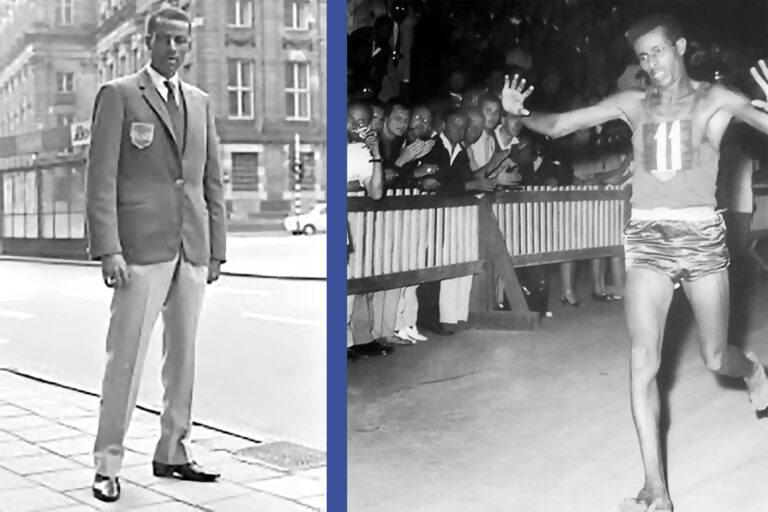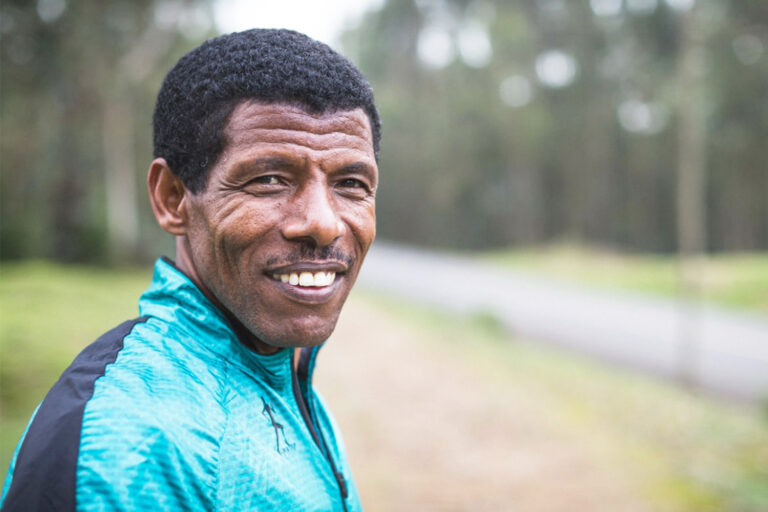- Airtel and Ericsson to champion e-waste awareness and collection initiative leveraging Ericsson’s global Product Take-Back Program
- Ericsson’s program covers the collection, decommissioning, transport, storage and environmentally sound recycling of obsolete technology
Airtel Networks Zambia Plc has partnered with Ericsson (NASDAQ:ERIC) on a ‘Product Take-Back’ program to minimize the potential environmental impact associated with the disposal of decommissioned electrical equipment.
The Product Take-Back program is part of Ericsson’s Sustainability efforts geared towards taking accountability for environmental impacts of all products and services during their lifecycle. The program ensures that end-of-life material is treated and recycled in an environmentally responsible manner.
Airtel continues to be committed to ensuring that the beauty of Zambia is sustainably conserved and understands that environmental impact starts with its own operations.
Airtel’s CEO and Managing Director, Apoorva Mehrotra says: “Airtel is committed to being socially responsible. We believe that the adoption of responsible e-waste disposal techniques will help to manage the impact on the environment. We are collaborating with Ericsson in e-waste management to not only evacuate the waste but also educate the general public and all key stakeholders about the importance of the proper disposal of e-waste in the country.”
Ericsson provides free product retrieval and safe disposal services for equipment that has reached its shelf life, as part the company’s extended producer responsibility. Ericsson offers the program to all customers globally, which guarantees that e-waste does not end up in trade-restricted areas or landfills.
Todd Ashton, Vice President and Head of Ericsson East and South Africa says: “Ericsson aims to minimize the negative environmental impact of our own activities and products in operation, while delivering solutions to enable the low-carbon economy. Our partnership with Airtel in Zambia extends the scope of our Product Take-Back program to include creating awareness about e-waste and helping to ensure that end-of-life material is waste-treated in an environmentally responsible manner.”
E-waste, not recycled properly, is an under acknowledged environmental hazard around the world. Airtel Zambia’s initiative is geared towards creating awareness and minimizing the potential environmental impact associated with the disposal of decommissioned electrical and electronic equipment in the country.











